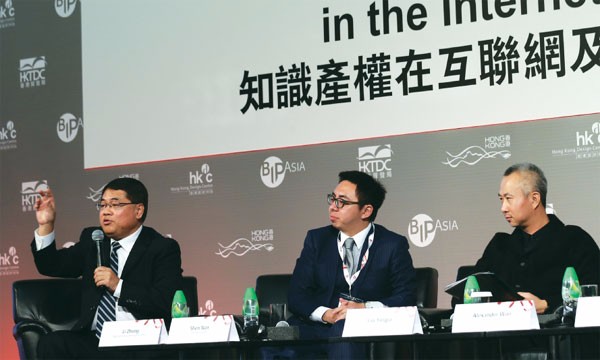2014-12-04

Chinese tech companies should make strategic choices with regard to use of patents and embrace an offensive approach to managing intellectual property (IP) issues in order to succeed in a competitive environment, says Shen Nan, chief licensing officer of ZTE Corporation. “Technology companies have been a major target of patent litigation in recent years as royalty payments can be quite lucrative and companies can use patent litigation to protect themselves,” he says. Patent trolls, whose core business model is using IP to earn licensing fees instead of producing actual products, have created some serious disruptions for operating companies. On the other hand, operating companies are using patents as a weapon to restrict competitors — something that becomes most obvious when a company tries to enter a foreign market. Local competitors may use patents as a way to stop it from entering, Shen notes. “It is important for companies to understand the threat and the cost of these issues,” Shen says. “The best way to deal with the problem is to build a strong patent portfolio.” The most common reaction to a lawsuit is to make a counterclaim. The more patents a company has, especially core patents, the easier it is to make such a claim. The patent portfolio can act as a deterrent, he explains. Shen notes that hardly any firms can possess patents for every stage of production. Especially for communication companies like ZTE, they have to manufacture devices according to an international standard, which means that at some point they have to accept the innovations of others. “Chinese companies used to fear patent litigations and adopt a defensive stance to solve the problem. In order to survive in the international market, companies need to know the rules of the game and take part in selling and buying activities to arm themselves,” Shen says, adding that the number of IP lawsuits would probably drop if companies achieve similar levels of IP management. He reveals that ZTE has been spending at least 10 percent of annual revenue on research since the company was established. ZTE ranked second in the 2014 World Intellectual Property Organization’s table of patent applicants, with 2,309 filings under the Patent Cooperation Treaty. “ZTE’s growing IP portfolio is giving strong support to the company’s development of new technologies,’’ Shen says. “ZTE has become substantially stronger in developing key technologies such as operating systems, mobile devices and applications.” amandahua@chinadailyhk.com http://www.chinadailyasia.com/2014-12/08/content_15200373.html